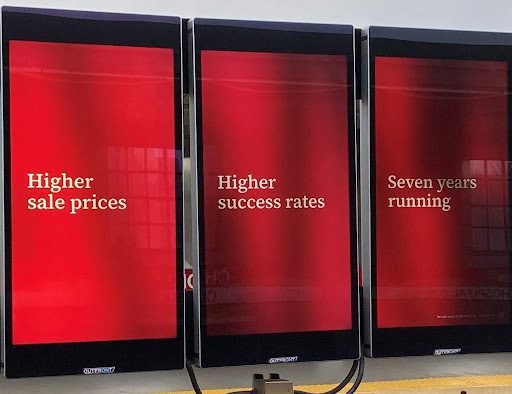When you are looking for a real estate agent, the company culture matters.
Among the common questions from prospective house hunters is. “Why should I work with a little firm, like yours, when I can work with a top producer in a big firm?” People who already own a home often name the agent who represented the seller of their current home. One even added “and it didn’t go well” to the end of his question. He thought that as a buyer he should hire that seller’s agent as his buyer’s agent. He wanted that agent on his side, this time. He thought that top producer, who is a successful seller’s agent, would be a good buyer’s agent.
There are problems with this logic:
- Agents who are very good at listing properties for sale are good at marketing homes. The result is that sellers get the highest price and the least risk of the sale falling through. If the agent is a top producer, that is their superpower. The skills needed to get buyers excited about a property — so they spend more — are not the same skills as giving buyers critical information about the property so they can make a rational decision on its value.
Buyer’s agents need to advise buyers on getting the best house for their money, while keeping their rights intact. Some agents can switch back and forth between getting buyers overexcited — so they pay top dollar — and helping them keep their discretion while buying. Many really can’t do both; those are better with sellers than buyers, or vice versa.
- Agents who work with only buyers in large companies are not top producers. A top producer is judged on listing houses for sale and closing them. So, buyer’s agents swim upstream in the company current. Some do it very well. If you, as a consumer, want to hire a buyer’s agent in a big firm, check to see how many buyers they worked with compared to how many sellers.
- Large company models depend on the seller’s side of the business. It is a truism among agents in big companies that “if you list you last.” Listing is the goal. Buyers are a by-product. Newer agents are taught that they learn by working with buyers; then, they graduate to being good enough to list properties for sale.
That makes companies like ours unique.
In an exclusive buyer brokerage, all the agents pay attention to representing buyers as the goal–not as a learning tool on the way to working with sellers. Our agents are not looking forward to a career listing property for sale. There is plenty to do to remain the best for buyers in the ever-changing market.
By not doing any business for sellers, our company pays attention to the needs of buyers. We have gotten very good at that. We are not for everyone. We are a niche firm for people who want high quality representation to get the best house at the lowest possible price, with the least amount of financial risk.
Company culture on display at an MBTA platform:
That conversation with the prospective buyer was still rattling around in my brain when I took a day off and walked the Black Heritage Trail in Boston. On the way back, I saw this electronic billboard on the Charles/MGH Red Line platform.
When I saw the first screen of the ad, I thought, “Wow! Redfin is supporting buyers.” That is a lovely picture of happy home buyers. If I were a prospective buyer, I’d want to be those people. Was the person taking their picture their buyer’s agent? I hope our buyer-clients look like that on closing day.
But then the second screen came on.
Higher sale prices
Higher success rate
Seven years running
What do these three panels mean? Here are my guesses:
- “Redfin is proud of higher sales prices.” OK, that’s clear. High prices are good, says Redfin. As a buyer, do you agree?
- What does “success rate“ mean?
A higher percentage of properties that they listed were sold, probably.
It is unlikely this means a higher percentage of buyers bought at or below market value, getting good deals. I bet they don’t even count the number of buyers that their agents work with until they close.
Also, higher than what? The year before? The total for the company, nationwide?
- “Seven years in a row.” OK. Whatever they are doing, they are doing it consistently.
The second screen makes the people on the first screen seem to have no reason to smile. They gave their money to buy a house on the advice of someone from a company that thinks high prices are good. Maybe their buyer’s agent helped them choose an offer price and terms. Their buyer’s agent works in a firm that defines success as higher sales prices and more listings closed?
Our company defines success as more people buying houses at the best possible (lowest) price with the least amount of financial risk. We also pay attention to keeping the stress down and helping buyers get the information they need to make this important personal and financial decision.
Which is YOUR definition of success, as a house hunter?



Leave A Comment